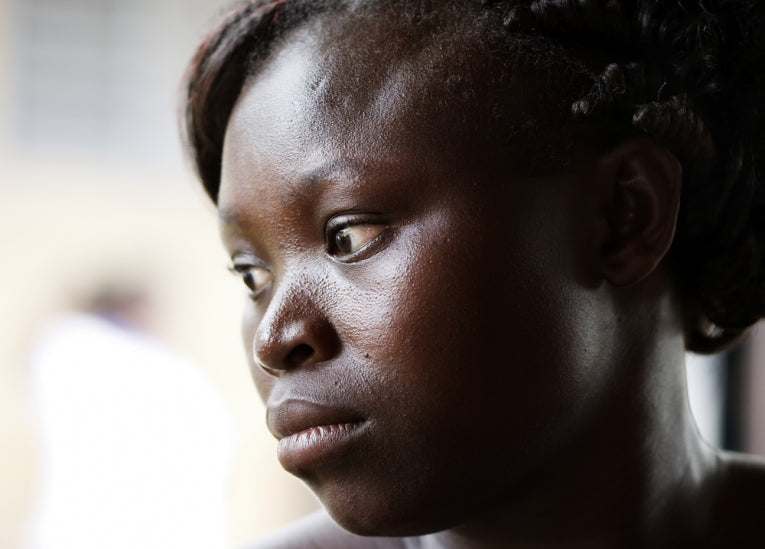The International Day of Zero Tolerance to Female Genital Mutilation is designated by the United Nations as one of the World's Important Days. The day is observed each year on 6thFebruary with the intention of raising awareness of this practice.
Female genital mutilation of any type has long been recognised as harmful and is regarded as a violation of the human rights of girls and women.
The World Health Organisation (WHO) has a commitment to eliminate female genital mutilation within the span of a generation and its focus is on advocacy, research, and guidance for health professionals and healthy systems.
But what constitutes female genital mutilation (FGM)?
FGM refers to procedures involving partial or total removal of the external female genitalia, or other injury to the female genital organs for non-medical reasons and is mostly carried out on girls between the ages of 0 and 15.
WHO estimates that about 140 million girls and women have been affected, with 92 million African girls and women aged 10 and above having undergone FGM. It is further estimated that more than 3 million African girls are at risk of undergoing FGM each year.
The practice is most common in western, eastern, and northeastern regions of Africa, in some countries of Asia and the Middle East and among migrants from these areas. The highest prevalence of FGM is in Africa, with it being reported in 28 countries, but studies have indicated that it is also practised in some regions of other countries including India, Indonesia, Iraq, Israel, Malaysia and the United Arab Emirates.
The prevalence will vary between and within regions and countries. Ethnicity is the deciding factor and in seven of the 28 African countries the practice is almost universal (over 90%), while in six others the average is less than 15%.
The type of procedure also varies enormously. Again this is largely dependent on ethnicity. Current estimates are that in around 90% of cases the girls' genitals are "nicked" rather than completely removed.
In every society where this is practised it is deeply entrenched in the social, economic and political structure. Where it is widely practised, men and women alike usually unquestionably support it. Departing from the normal expectation can result in condemnation, harassment or ostracism.
Outside organisations such as UNICEF and WHO view FGM as a violation that perpetuates normative gender roles that are unequal and harmful to women. It reflects the deep-rooted inequality between the sexes and constitutes an extreme form of discrimination.
Where it is commonly practised, FGM is considered to be a necessary and proper procedure as a young girl is prepared for adulthood and marriage. There is often an expectation that men will only marry women who have undergone the practice and the desire for a good marriage and the social and economic security that will result are often overriding factors.
These procedures carry no health benefits and on the contrary they can cause severe bleeding and lead to problems with urinating, cysts and a variety of infections. They can also cause infertility, complications in childbirth and an increased risk of newborn deaths.
Traditional circumcisers carry out most of the procedures. These often play other central roles in communities, such as attending childbirths, but a comparatively recent trend is for health care workers to take on this role. It is now estimated that they carry out around 18% of the procedures and the trend is increasing.
In 2010 WHO, in collaboration with other key UN agencies and international organisations published a Global strategy to stop health care providers from performing female genital mutilation. With WHO's commitment to stamp out female genital mutilation, the last thing that is wanted if for medically trained personnel to undertake FGM.
This troubling trend of health-care providers increasingly being the ones who are performing female genital mutilation will be the focus of the 2013 International Day of Zero Tolerance to Female Genital Mutilation.
As long as these workers continue to perform these procedures, all they are doing is simply contributing to the legitimisation and maintenance of this unfortunate practice.










